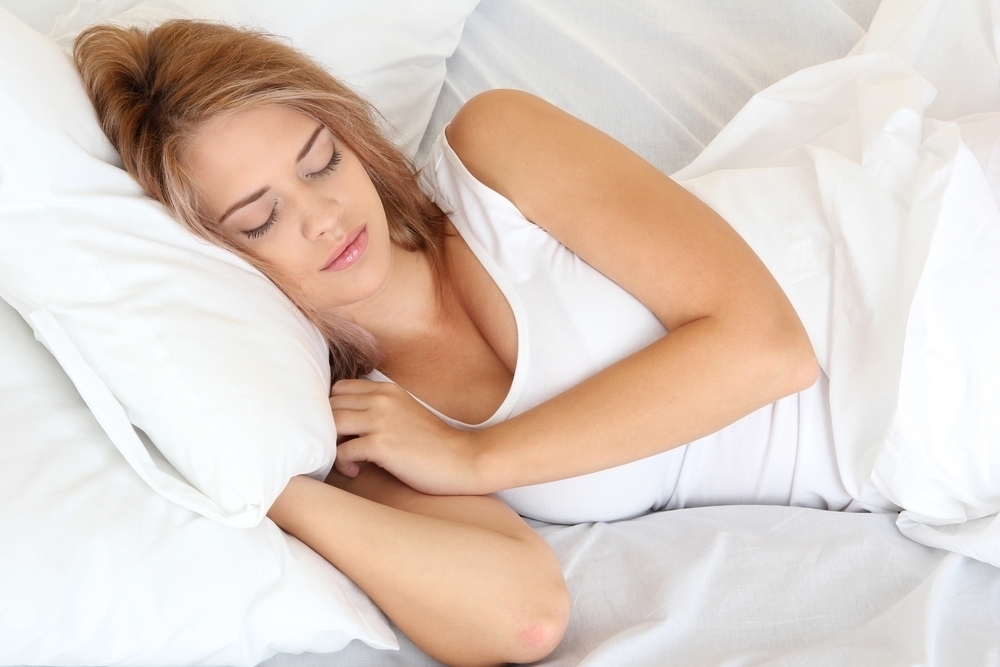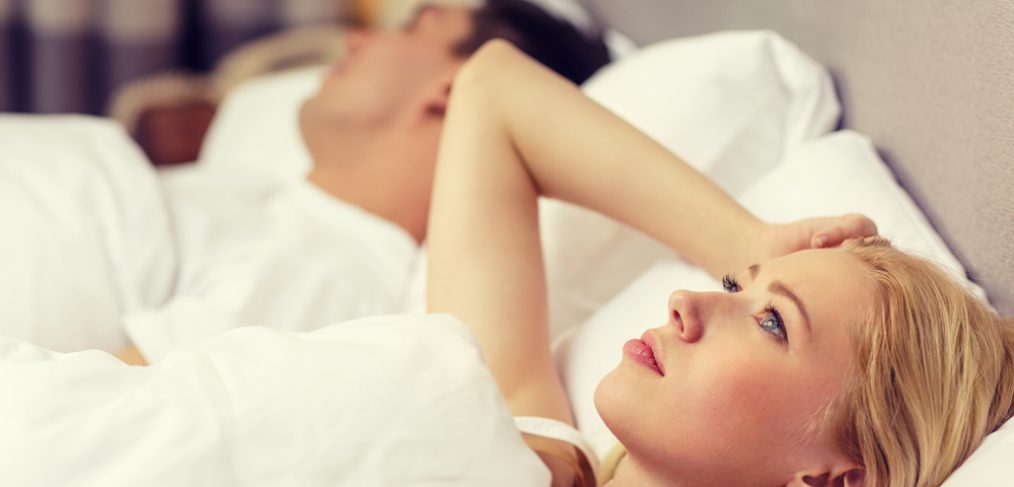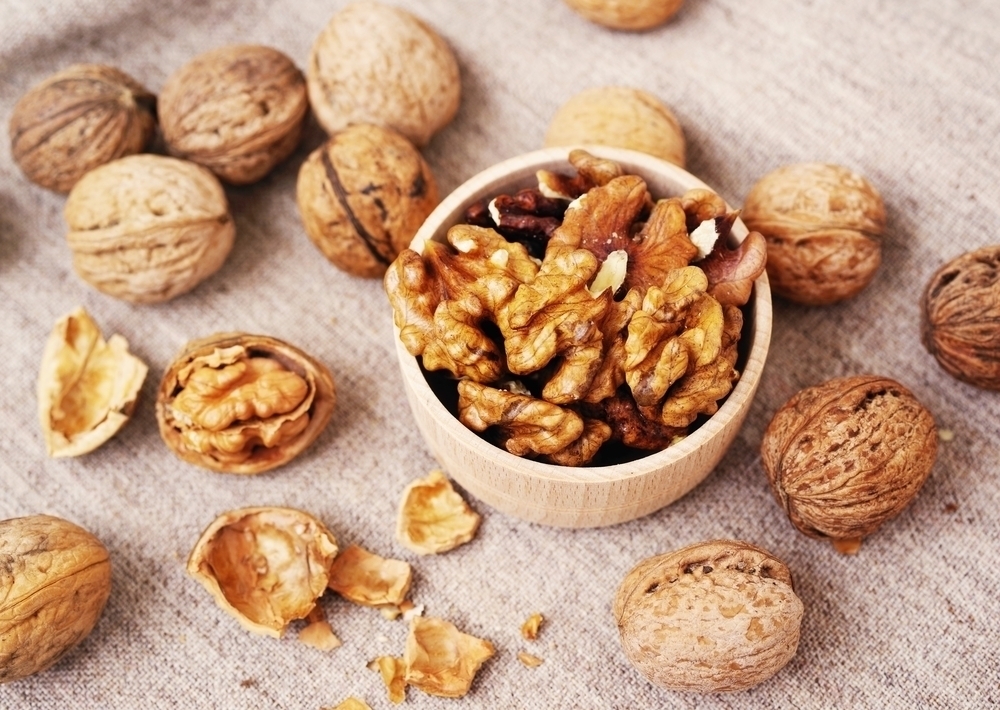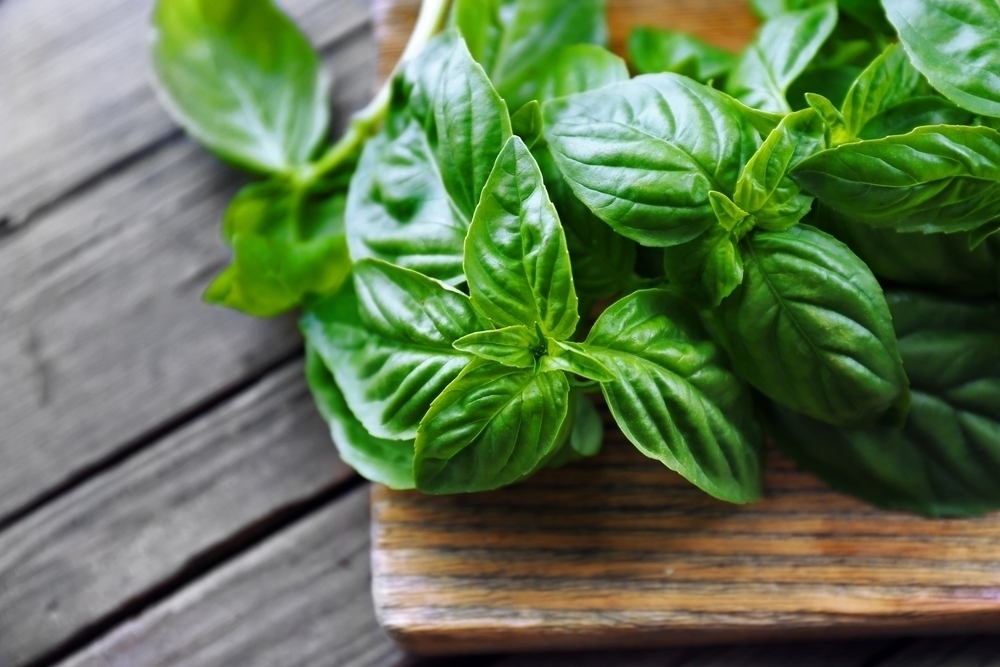Let’s face it, everything is better in pink. If there are two cupcakes, one with white icing and one with pink, which one do you pick? Hostess snowballs? Definitely better in pink. If your Mom bought you and your sister notebooks, she had better have made sure both or neither were pink. Party dresses? Don’t even go there.
If you are familiar with white noise, you know it to be that pleasant buzzing that often occurs when the radio loses reception. It is often used in healthcare to block out noise caused by hearing impairments or as a sleep aid, but did you know about pink noise? Although it may sound like the latest psychedelic rock movement, pink noise is more accurately the latest proposed solution to sleep interruption. And, according to a recent study, it may actually help to improve memory as well.
Sound Stimulation and Sleep
According to recent research done at Northwestern University, when gentle sound stimulation is synced up to the rhythm of brain waves, it can not only lead to a better sleep in older adults, but can also improve their ability to remember specific words.
Why Deep Sleep Is important
Memory loss typically occurs throughout the process of aging; so does the gradual decrease in deep sleep. Scientists suspect a connection. Because deep sleep is a critical component in the consolidation of memory, it is believed that a reduction in one may be responsible for a reduction in the other. Therefore, scientists believe that using sound stimulation to induce deep sleep may be the solution to memory loss.
During deep sleep, brainwave production is reduced to a rate of one per second, quite a bit slower than the 10 oscillations that happen during the seconds when one is awake. Giovanni Santstasi, co-author of the study was able to create an algorithm capable of transmitting audio during the rising of slow wave oscillations, to boost the synchronization of neural activity.

The Study
The study was comprised of 13 individuals aged 60 and up recruited from Northwestern’s Cognitive Neurology and Alzheimer’s Disease Center. It targeted individuals suffering from low levels of sleep and memory loss.
The aim of the study was to monitor brain waves in individuals using a breakthrough audio system that can lock in audio stimulation at the moment when specific neuron communication occurs during deep sleep.
Participants were exposed to a night of acoustic stimulation followed by a night of false stimulation. The two stimulations were identical, except for the fact that the individuals did not hear noise in the false stimulation. Upon awakening, the subjects were given memory tests, with another set given the following morning.
Results
The study found that while memory recall ability rose by a couple of percentage points following the false stimulation, those who listened to the pink noise showed a vast increase in memory recall. In fact, those who were subjected to the acoustic stimulation showed three times as much improvement as their counterparts. These finding suggest that slow wave sleep can indeed have a significant impact on memory.
What Does This Mean?
For those suffering memory loss, the new is good. It suggests that there might be a way to safely improve memory without the use of expensive, side effect inducing medicine. “Pink noise” may offer a completely safe and simple alternative.
What do you think about the latest findings? Is pink the new white? Let us know!







